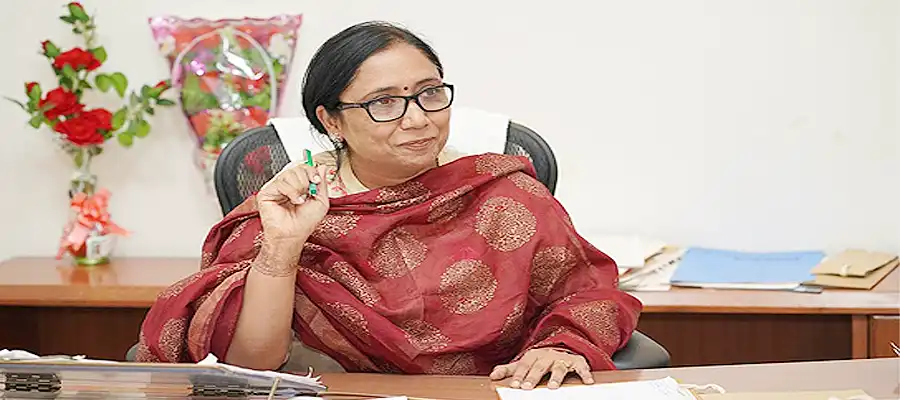Punjab Social Justice, Empowerment & Minorities Minister Dr. Baljit Kaur informed that the Punjab Government has disbursed an amount of ₹9.55 crore under the Ashirwad Scheme in favor of 1,872 beneficiaries from backward classes and economically weaker sections in the current financial year, 2024-25.
Giving more information, Dr. Baljit Kaur informed that during this year, the applications of 1,872 beneficiaries belonging to the districts of Amritsar, Barnala, Bathinda, Ferozepur, Sri Fatehgarh Sahib, Hoshiarpur, Kapurthala, Ludhiana, Sri Muktsar Sahib, SBS Nagar, and Tarn Taran have been received on the Ashirwad Portal under the Ashirwad Scheme. For these beneficiaries, a sum of ₹9.55 crore has been disbursed.
The Minister of the Cabinet further said that with this amount, money assistance has been given to 865 people from Amritsar, 17 from Barnala, 81 from Bathinda, 71 from Ferozepur, 34 from Sri Fatehgarh Sahib, 152 from Hoshiarpur, 58 from Kapurthala, 326 from Ludhiana, 84 from Sri Muktsar Sahib, 105 from SBS Nagar, and 79 beneficiaries from Tarn Taran.
Dr. Baljit Kaur added that under the Ashirwad Scheme, the state government gives financial aid of ₹51,000 for the marriage of girls from poor families in Punjab.
She explained that in order to benefit from the Ashirwad Scheme, the applicant has to be a permanent resident of Punjab and a Below Poverty Line (BPL) family member from Scheduled Castes, Backward Classes, or Economically Weaker Sections, and the annual income of the family from all sources must be below ₹32,790. Two daughters from such families will be benefited under the scheme.
The Cabinet Minister further stated that the money is directly transferred to the accounts of the beneficiaries by DBT (Direct Benefit Transfer). She added that the Punjab Government is striving hard to improve the economic strength of all segments of society and raise the standard of their living.
Dr. Baljit Kaur emphasized that the Punjab Government, led by Chief Minister Bhagwant Singh Mann, is dedicated not just to the well-being of different sections but also to continually working for the well-being of Scheduled Castes, Backward Classes, and Economically Weaker Sections.
